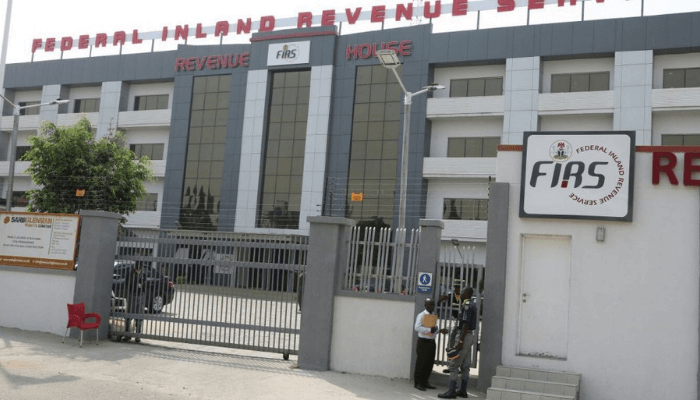The Federal Inland Revenue Service (FIRS) has explained that while small companies will not pay corporate income tax from 2026, they are still required to compute their taxable income and file self-assessment returns.
Speaking at a webinar titled “Income Taxes: Expected Changes in 2026 and How to Stay Compliant”, Deputy Director at FIRS, Kehinde Kajesomo, explained the distinction between tax exemption and zero percent liability.
“From 2026, small companies will pay tax, but at zero per cent,” Kajesomo said. “Before, they were exempt from tax, but now they are liable to tax, though at zero percent. What this means is that they will undergo the process of computing their taxable profits and file returns with the tax authority, but the tax payable will be zero.”

Redefined threshold for small companies
The definition of small companies has been revised. Firms with an annual turnover of up to N50 million and fixed assets not exceeding N250 million now qualify as small companies.
Such companies will pay zero percent tax, including on capital gains. Previously, they were subject to a 10 per cent capital gains tax.
A minimum effective tax rate of 15 percent has been introduced for:
Multinational enterprises (MNEs) with global turnover above €750 million.
Local companies with a turnover exceeding N50 billion.
These firms will be subject to the Additional Tax Rule (ATR) under Section 57 of the Nigerian Tax Act.
Tax rates for larger companies
Kajesomo noted that the corporate tax rate for medium and large companies remains at 30 percent. However, he added that President Bola Tinubu may reduce the rate to 25 per cent, subject to advice from the National Economic Council.
“If the National Economic Council advises the president to reduce the rate of tax from 30 percent, the president may reduce it to 25 percent. And if that happens, a relevant order will be published in the official gazette of the federal government,” he said.
Clarification on capital gains tax
Addressing concerns about capital gains tax, Kajesomo dismissed reports of an increase from 10 percent to 30 percent.
“That is far from the truth. For small companies, their gains will now be taxed at zero per cent. For larger companies, the effective rate aligns with their income tax rate, which is 30 per cent. However, due to capital allowances and loss deductions, many companies may end up paying less than 10 per cent—or even zero—on their gains,” he explained.
All companies, including small and exempt firms, must file tax returns. In addition, a new Development Levy of 4 percent on accessible profits will replace existing levies such as the Tertiary Education Tax, IT Levy, Police Trust Fund Levy, and NASENI Levy.
Small companies, non-resident companies, and firms with accessible losses will be exempt from the levy.
Global minimum tax rule
Under Section 57 of the tax act, companies with a turnover above N50 billion or members of multinational groups exceeding €750 million in global turnover must ensure their effective tax rate is at least 15 per cent.
Furthermore, under Section 6, Nigerian parent companies with foreign subsidiaries taxed below 15 per cent abroad will be required to “top up” taxes to meet the global minimum threshold.
Stay ahead with the latest updates!
Join The Podium Media on WhatsApp for real-time news alerts, breaking stories, and exclusive content delivered straight to your phone. Don’t miss a headline — subscribe now!
Chat with Us on WhatsApp






